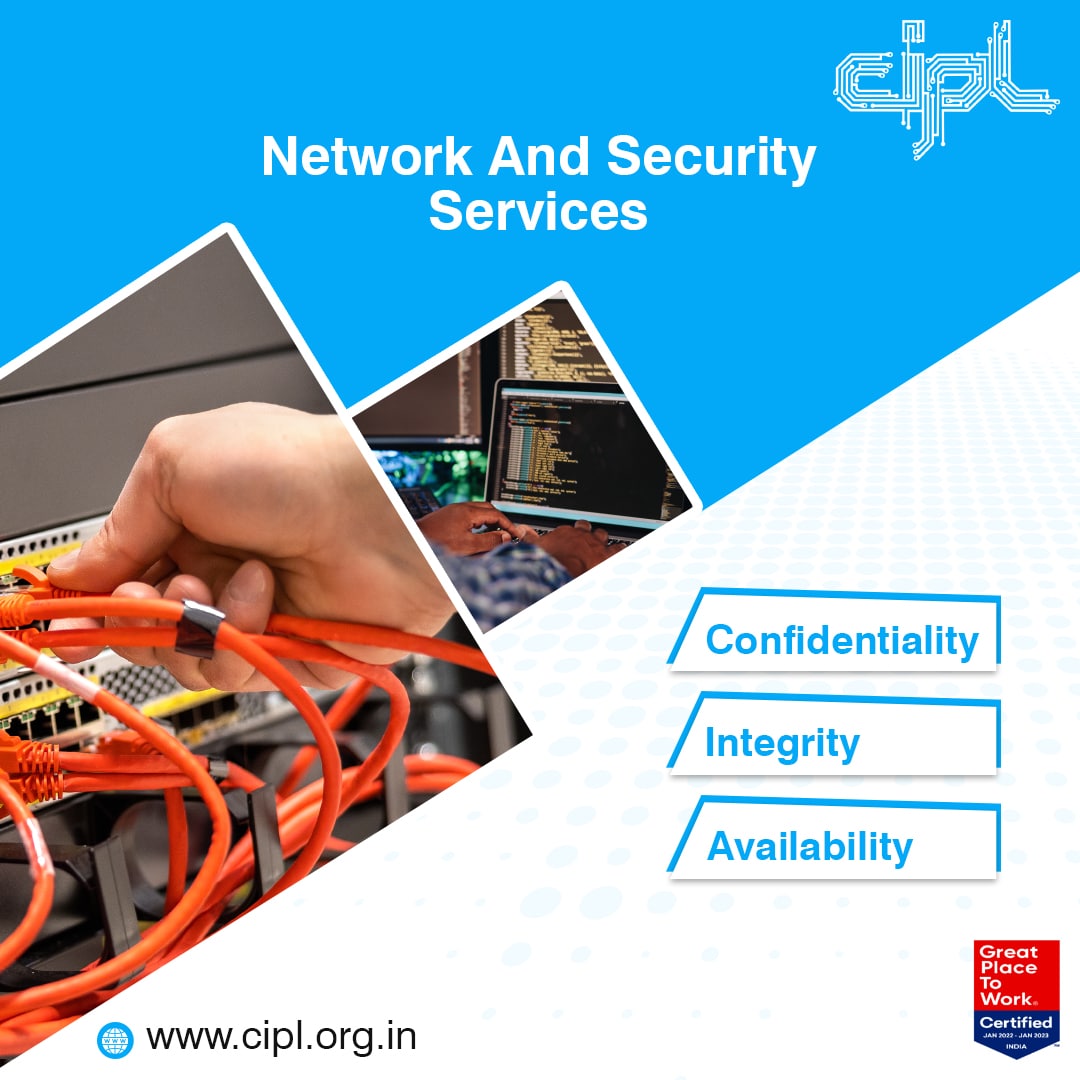
Because IP video cameras are networked, partnering with a technology vendor who knows networking technologies is critical. This is a skill that many traditional video surveillance firms lack thus increasing the reliability of the network security service provider.
IP video surveillance solutions that fulfill the most stringent criteria can be delivered by a technology solutions provider with experience in enterprise networks. The supplier will start by assessing the networks to make sure they can handle video surveillance information flow without interfering with other mission-critical applications. The supplier can also expand the network infrastructure to allow for the deployment of video cameras for better coverage.
The fastest and most reliable network security service providers also include video surveillance hardware control and analysis, as well as quick assistance. This will lighten the load on in-house IT departments.
Video surveillance has emerged as a mission-critical element in today's enterprise IT environment. It pays to deal with networking professionals that can deliver a comprehensive solution that meets your company's goals.
NETWORK SECURITY IN A NUTSHELL
Computer security breaches are ubiquitous, and dozens occur nearly every day all around the globe. Some are deemed modest, with little loss of data or financial resources, but many are severe, if not disastrous. Hackers are always on the lookout for new loopholes to manipulate. Information about corporations and individuals, as well as our governments, is at risk of being disclosed or used against us when networks are not protected.
Information security analysts developed and implemented security procedures to secure an organization’s computer networks. As the number of cyber-attacks rises, so does the demand for their knowledge and competence.
A complicated combination of physical devices, such as routers, firewalls, and anti-malware application programs, is required to secure a network. Highly skilled information security analysts are employed by government organizations and corporations to establish security measures and continuously check their performance.
Network security is critical for both personal and corporate networks. Most residences with high-speed internet have one or more wi-fi networks, which can be hacked if not adequately secured. Data loss, fraud, and sabotage can all be reduced with a good network security service provider.
Simple procedures can be taken to maintain the protection of network security at home and workspace:
- Change the admin username and password on your router.
- Modify the name of the network.
- Encryption should be enabled.
- Increase the number of firewalls.
- Disable guest networks.
- Install and update your router.
Most organizations already have a combination of these IT features in place, if not somewhat bit of each. Connecting them to your network, on the other hand, is one thing. It's another thing entirely to keep your IT infrastructure up to date with today's best practices, especially when those best practices appear to change regularly.
Depending on who you ask, the answer to why network security is so important may vary. At its most basic level, however, robust network security ensures that your company can consistently supply the goods and services that your consumers expect. As public pressure grows on problems like data privacy and the use of private information, your company's digital ethics must adapt to keep up. Moreover, network security is critical since we live in the digital era. This is a phenomenon that small startups to Fortune 500 organizations are grappling with, as technology is no longer seen as an add-on to their operations, but as the foundation of those offerings. More consumers want regular services, transactions, and data to be immediately accessible at their fingertips, wherever they are, at any given moment in this digital-first era.
visit: www.cipl.org.in





